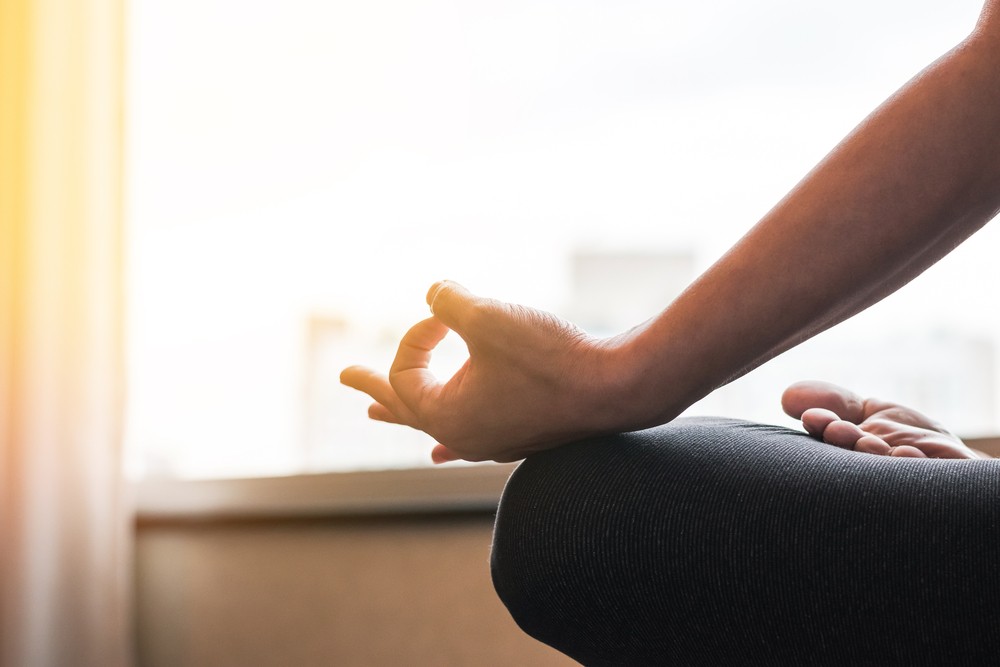How to Maintain Self-Care in the New Year
How to Maintain Self-Care in the New Year
January 17, 2018
How to Maintain Self-Care in the New Year
In these early weeks of January, many of us have our sights set on a New Year’s resolution that we are inspired and ready to tackle. We want to hit the gym, pass the licensure exam, or learn a new skill.
But, perhaps every January we promise to go to the gym more often and commit to a rigid diet.
Maybe every February we wonder where the motivation went.
New Year’s resolutions are notoriously difficult to stick to. Why?
Adopting a healthy routine is not a bad resolution, so why can it be difficult to keep?
Hilda Carrol of Elephant Journal says it best in her article Why Self-Care Needs to be our Top New Year’s Resolution (& How to Do it Right). Many New Year’s resolutions tend to focus on making our lives better by making ourselves better. They tend to focus on self-improvement.
Self-improvement, however, comes from a place of criticism and judgment. It stems from a belief that who we are now is not good enough. And when we fail at a plan for self-improvement, we have more reason to speak negatively of ourselves.
As Carrol says, “our self-improvement plan becomes yet another stick to beat ourselves up with.”
Instead, our New Year’s resolution should be self-care.
Self-care is motivated by caring for our own well-being instead of the motivation of self-improvement which is external appreciation or validation. Self-care can include dietary and exercise changes but the motivation behind these changes is what will heed success.
There are two fundamental steps to maintaining self-care in the new year.
- Reflect.
Instead of wondering why we are not good enough, we should reflect on how we can better support ourselves.Carrol says to ask ourselves:
“What do I need physically, mentally and emotionally to operate at optimal wellness?”
“What and who do I need to say no to?”
Operating at optimal wellness will foster achievement of long-term goals. Instead of jumping into a brand new rigid routine, begin by forming new habits through trial and error. We should find what works (and what doesn’t work) for us through a process of trial and error.
For example, if you are relatively new to healthy diet and exercise, start by going for a gentle stroll every day instead of committing to a hardcore workout class three days a week.
- Expect resistance.
People who are not used to us putting ourselves first will project accusations of selfishness.
Carrol says to take this resistance “as a sign of moving in the right direction. To practice self-care, we need to establish boundaries and abide by them.”
Sticking to the resolution of self-care takes the courage of saying “no.” This is not to say that we shouldn’t help others and make sacrifices for them. However, we cannot effectively help others unless we first help ourselves.
So, let us reevaluate our New Year’s resolutions. Why are we motivated to go to the gym this January? Who are we doing it for? If it’s not for self-care, then February will find us beaten with our own sticks of failed self-improvement plans.
Having trouble sticking to your resolutions? Our coaches can help. Get in touch with one today!
Ready to start studying?
Make an appointment with our Educational Coordinators to help you build your study plan.



